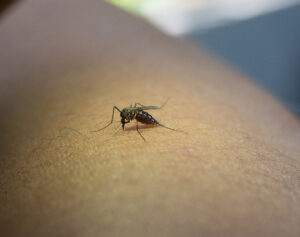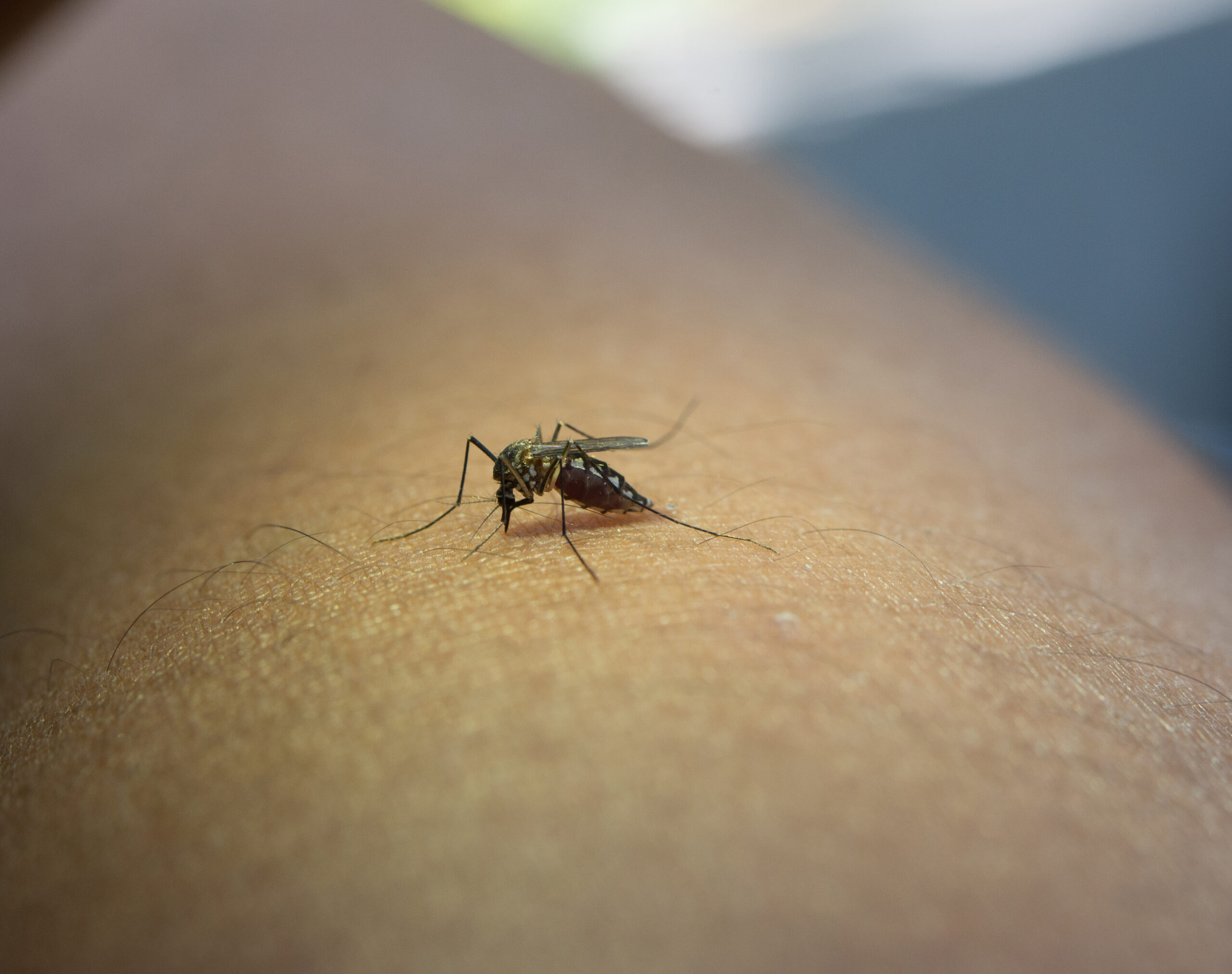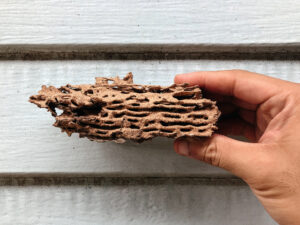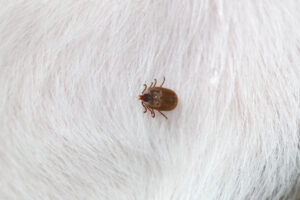 As the warmth of summer sets in, Georgia’s backyards come alive not just with the sounds of laughter and barbecues but also with the hum and buzz of summer pests. From itchy bites to the risk of dangerous diseases, there are plenty of reasons that many of us are eager to eliminate bugs in any way we can. Though there are over a thousand species of bugs that thrive here in Georgia, there are three particular culprits whose bothersome behavior peaks in summertime.
As the warmth of summer sets in, Georgia’s backyards come alive not just with the sounds of laughter and barbecues but also with the hum and buzz of summer pests. From itchy bites to the risk of dangerous diseases, there are plenty of reasons that many of us are eager to eliminate bugs in any way we can. Though there are over a thousand species of bugs that thrive here in Georgia, there are three particular culprits whose bothersome behavior peaks in summertime.
Mosquitoes
These tiny summer pests are notorious for irritating everyone they encounter. Female mosquitoes rely on mammal blood to feed their many thousands of offspring. Their bites leave behind red, itchy bumps, and because they come into direct contact with the bloodstream, every mosquito bite comes with an elevated risk of the transmission of disease. Worst of all, mosquitoes absolutely adore humid climates like Georgia’s.
To curb the mosquito population in your backyard, start with DIY methods like eliminating standing water where mosquitoes breed. Outdoor fans can also help keep them at bay.
When these strategies fall short, the next best step is professional pest control, like the services we offer at Pest Force. We can apply effective, long-lasting treatments to strategic areas in your yard that will help make an outdoor hang feel a lot more manageable.
Ticks
Ticks are considered summer pests, but they are actually parasites that can wreak havoc all year round. They hide in tall grasses and other places that allow for easy access to hosts. Once they crawl onto their host, they latch on for up to ten days and survive on blood. They don’t usually cause itchiness or pain, but tick bites are a problem all the same due to the many diseases they transmit. The kinds of diseases depend on the species of tick.
Here in Georgia, there are three main species of ticks:
- Black-legged tick (sometimes known as a deer tick): Small, mahogany-colored, associated with Lyme disease
- American dog tick: Relatively large, dark brown, associated with Rocky Mountain spotted fever and tularemia
- Lone star tick: Noticeable white spot near the neck, associated with Rocky Mountain spotted fever, ehrlichiosis, tularemia, and southern tick-associated rash illness (STARI)
Your best bet for preventing ticks from becoming a problem on your property is to maintain short grass and remove leaf litter and other yard debris. Whenever you do need to go into tall grass, wear long pants and use tick repellent. After spending time outdoors, make sure to conduct thorough tick checks on yourself, your children, and your pets.
Professional tick control strategies can take these preventative steps to the next level. Pest Force’s extensive treatment attacks ticks at all stages of life, dealing with adult ticks and also preventing the next generation of ticks from ever coming into adulthood.
Wasps
Known for aggression that can be unpredictable, especially towards the end of summer, a sting from a wasp can be extremely painful. In fact, thousands of people across the country end up visiting the emergency room each year due to stings from these annoying summer pests. Moreover, wasps are unique in that, unlike bees, they are capable of stinging multiple times.
The number one thing to do to prevent wasp stings is to avoid them as much as possible. Never swat at a passing wasp, as this tends to provoke aggressive behavior. Keep outdoor eating areas clean and free of crumbs. You can also use decoy nests to make it seem like there’s already a thriving hive on your property; due to the territorial nature of wasps, this will discourage new nests from forming.
When you do come across a nest, do not attempt to remove the nest yourself. Call a service like Pest Force, which has the means to safely remove existing wasp nests. Plus, we can apply preventative treatments that will deter other wasps from trying to take over. Leaving wasp management to professionals is a lot safer – and a lot less painful – for everyone involved!



